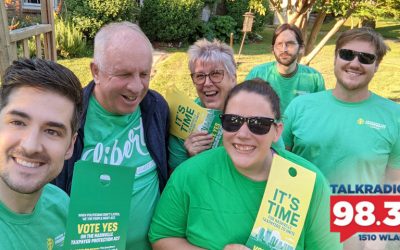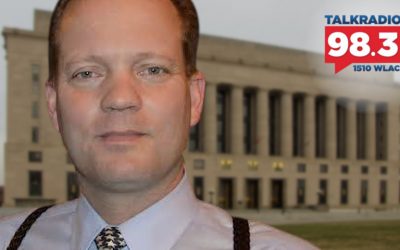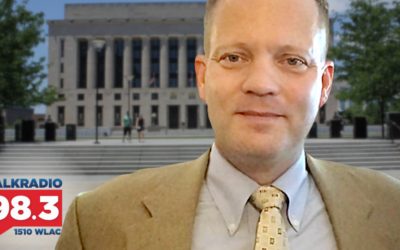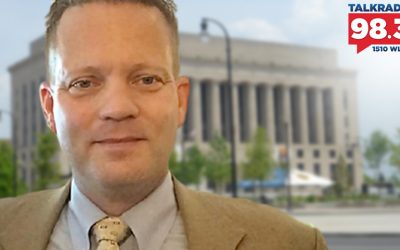Tuesday morning on the Tennessee Star Report, host Michael Patrick Leahy welcomed Grassroots Director for Americans for Prosperity-Tennessee Grant Henry in studio to discuss the recent ruling on 4 Good Government referendum.
Nashville Taxpayer Protection Act: Attorney Jim Roberts Continues to Win the Fight Against Metro Legal and Faux Citizen Action Groups
Friday morning on the Tennessee Star Report, host Michael Patrick Leahy welcomed the man behind the Nashville Taxpayer Protection Act attorney Jim Roberts to give updates to the referendum he expects to see put on the July 27th ballot despite fake grassroots activism.
Nashville Taxpayer Protection Act: Attorney Jim Roberts Talks Metro Legal’s Creation of Suppression and Fear as Referendum Seeks Ballot
Friday morning on the Tennessee Star Report, host Michael Patrick Leahy welcomed Nashville Taxpayer Protection Act Attorney Jim Roberts to the newsmakers line to give updates on where he stands in the fight against Metro Legal to get the proper number or petitions solidified to move forward with his referendum.
Nashville Taxpayer Protection Act: Attorney Jim Roberts Comes Up with More Petitions Than Legally Needed, Metro Legal Moves Goalpost
Friday morning on the Tennessee Star Report, host Michael Patrick Leahy welcomed the Nashville Taxpayer Protection Act attorney Jim Roberts to the newsmakers line to celebrate the successful delivery of more than enough signed petitions to the Metro Clerk and Metro Legal’s intent to move the goalpost.
4goodgoverment.com Attorney Jim Roberts Says Download the Petition, Sign It, and Send It in Before March 25
Friday morning on the Tennessee Star Report, host Michael Patrick Leahy welcomed Nashville attorney Jim Roberts to the newsmakers line urging folks to download the petition 4goodgovernment.com and get it signed and sent in before March 25.
Attorney Jim Roberts Needs More Signatures for the Nashville Taxpayer Protection Act
Friday morning on the Tennessee Star Report, host Michael Patrick Leahy welcomed Attorney Jim Roberts to the newsmakers line to encourage people to keep downloading and getting back the petitions at 4GoodGovernment.com.





